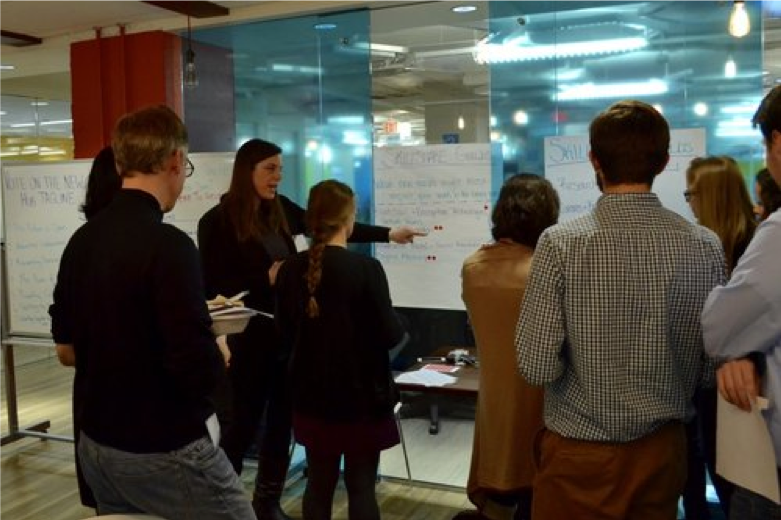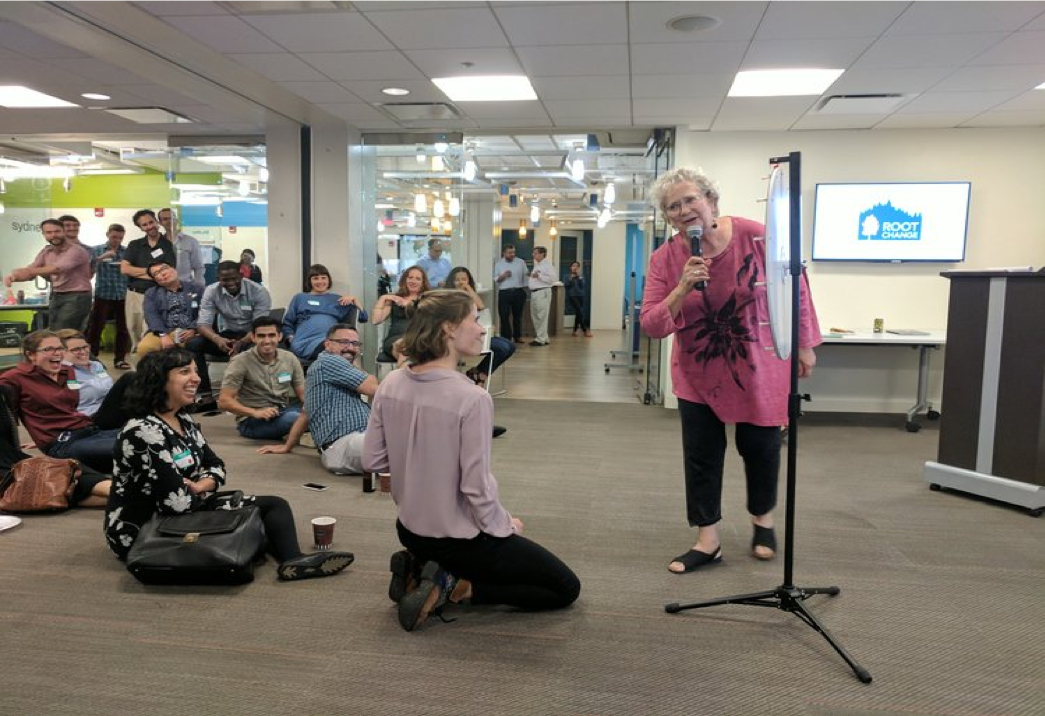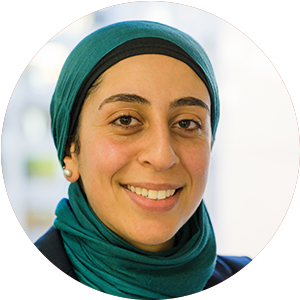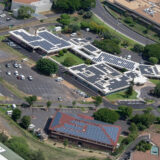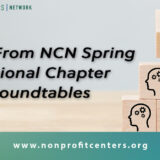Does Your Nonprofit Center Catalyze Collaboration
A catalyst is something or someone that sparks, stimulates or accelerates a transformative change. And despite the many different roles we all play everyday in running nonprofit centers – from onboarding new members, to managing leases, to moderating public events and so much more – I believe our #1 job should be catalyzing community and collaboration. As catalysts, we should be constantly connecting people and resources to have outsized social impact working together than any one organization or party could working alone. So how can we get there?
I had the chance to be part of a research team at Harvard a few years ago that examined innovative nonprofit collaborations. In our work studying dozens of nonprofit collaborations across sectors from environment to health to civic engagement and more, we noticed four traits in common with all the collaborations that seemed to exhibit a multiplier effect and have truly transformative impact. We developed a framework based on these findings that we called Catalytic Collaboration and published it in the Stanford Social Innovation Review.
This framework is especially relevant and appropriate to apply to our work as nonprofit centers. Catalytic collaborations have four key ingredients:
- Shared Learning – supporting open, authentic reflection about what’s working and what isn’t, and safe space to experiment, fail, learn and adapt.
- Systems Thinking and Acting – not only mapping the ecosystem of actors and actions affecting the social issue you care about, but also acting in a coordinated fashion with that bigger-picture, systems view in mind.
- Democratized Access to Assets – openly sharing valuable resources that others may feel should be proprietary for the sake of greater collective impact.
- Long-term Relationships – the single most important factor; cultivating relationships based on trust, respect and reciprocity that form the foundation for all successful collaborative work.
What does it look like to apply these principles? Here are four brief examples from our experiences here at the Open Gov Hub in Washington, D.C.
- Shared Learning – In 2017 we began a series of activities to facilitate many shared learning spaces, including working groups, skillshares, workshops and more. All these were tailored to meet the specific needs of our members, and actively facilitated to help maintain relevance to their work.
- Systems Thinking and Acting – A critical part of our process of onboarding any new member organizations is having them complete a set template organizational profile. This asks them questions like what are the top three keywords that define your work, who are your partners, what are your greatest successes and challenges, and your most important impact m
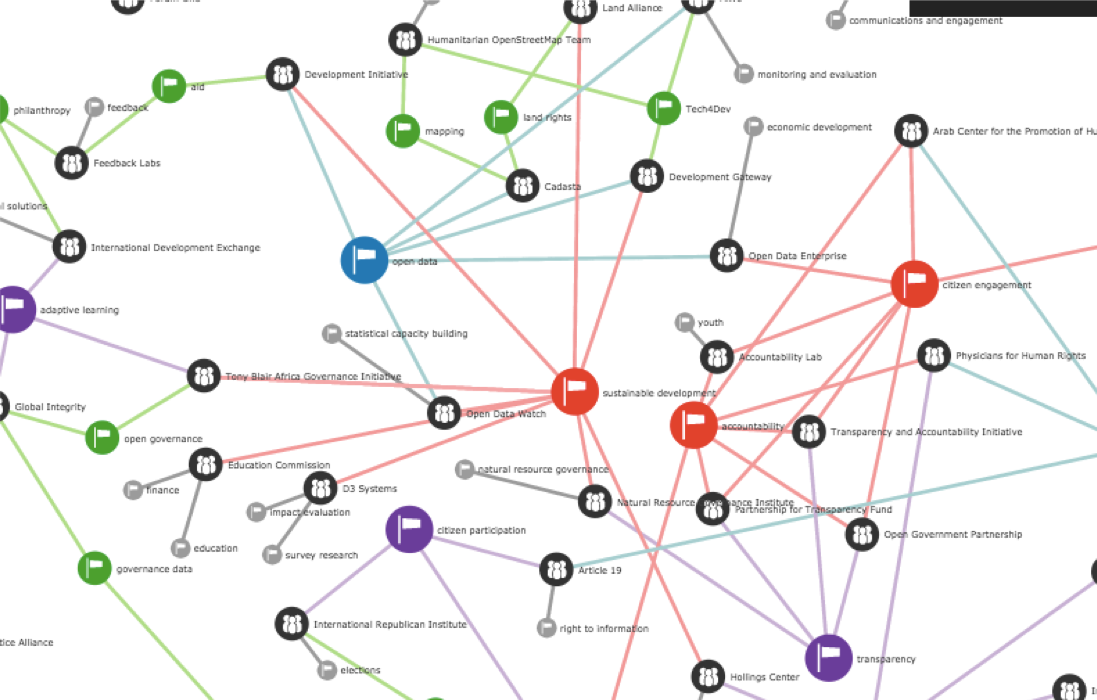 easure. We then take this information to facilitate curated introductions to others, and plug it in to our network map of our members to see our ecosystem and work in better coordination (see photo).
easure. We then take this information to facilitate curated introductions to others, and plug it in to our network map of our members to see our ecosystem and work in better coordination (see photo). - Democratizing Access to Assets – Nonprofit centers are often experts at this, but it’s important that we take a broad view to how we define shared services and resources – well beyond shared workspace and basic amenities. For example, after discovering that funding was a challenge for many of our members, we ran a business development workshop series. Out of this, one of the participants developed a shared funding pipeline. We are now continuing to cultivate that database, to help our members save some time and energy in their pursuit of diversifying their funding sources.
- Long-term relationships – We’ve found that it’s important to not overstructure collaborations, and critically first invest time in breaking the ice and establishing basic rapport and trust between individuals and organizations, before launching into higher-investment collaborations like joint funding proposals (which we also helped facilitate last year).
2017 was an exciting year for the Open Gov Hub, in which we learned a lot about balancing both the art and science of facilitating collaborations as we applied this framework. Here are a few key lessons we learned along the way, about how to create an environment that’s most conducive for collaboration:
- Every community has its traditions that define it, and these are key to creating a collaborative environment. One of our most beloved traditions is our monthly Waffle Wednesday breakfasts the first Wednesday of each month! Once you establish your own traditions, be sure they offer a consistent and predictable rhythm that your members can engage. You may also find, as we did, that members are eager to talk about these traditions with others. In this way, beloved traditions can enable your members to become better ambassadors of your community.
- Help others lead. Like many other centers, our team only has 2 full-time staff. There is absolutely no way we could have doubled our activity and organized 150 events in 2017 without many individuals in our community stepping up to lead activities they care about (from workshops to waffles and everything in between!). So a key part of our work is supporting and celebrating others who lead – this also helps create a positive ‘bandwagon effect’ to encourage more participation across the community.
In the spirit of openness, transparency and collaboration, we’re excited to practice what we preach and share with our fellow nonprofit centers these insights on catalyzing collaboration. We will continue to experiment, learn and reflect on this critical work, and ask you also let us know what you’re learning about activating community.
Because as we all know, no matter what social issue fuels your passion for your work – from homelessness, to women’s rights, international development, government accountability and everything in between – these issues are all far to complex, important, and urgent for any of us to tackle alone.
